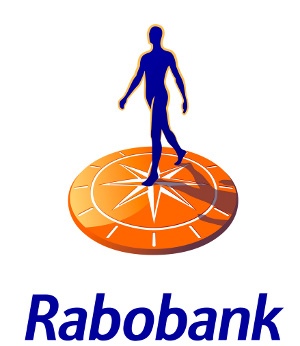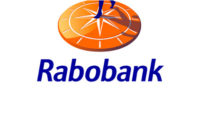 NEW YORK, Feb. 2, 2012 /PRNewswire/ -- A new report from Rabobank's global Food & Agribusiness Research and Advisory department examines the global dairy industry, forecasting growth that will be enviable but uneven, and skewed to emerging markets.
NEW YORK, Feb. 2, 2012 /PRNewswire/ -- A new report from Rabobank's global Food & Agribusiness Research and Advisory department examines the global dairy industry, forecasting growth that will be enviable but uneven, and skewed to emerging markets.
In the report, titled "Global Dairy Outlook: Show me the money," Rabobank says that the global dairy market will offer strong growth prospects in the coming five years, but the uneven spread of this market expansion and an era of elevated pricing will create as many challenges as opportunities for key players along the dairy supply chain.
Growth will be highly skewed to emerging markets, with countries like China, India and South East Asia expected to account for more than 80% of market volume growth, while western markets continue to mature.
"Tapping into emerging market growth will present a particular challenge for many of the world's dairy processors, most of which are domiciled in, and still focused on, the EU and U.S. markets," said Tim Hunt, Global Dairy Strategist for Rabobank (photo, above).
Opportunities will also be uneven across product categories. Economic, demographic and dietary trends are likely to see cheese sales underperform the broader dairy market. With sales of higher end whey product set to track a much faster growth path, the strategic value of whey pools is rising rapidly. "The divergence of cheese growth and whey demand represents a major structural shift in the market, and justifies a re-evaluation of ingredient production and sourcing strategies," said Mr. Hunt.
Rabobank forecasts that solid market growth, supply constraints and a structural shift in the costs of producing milk will sustain high milk and dairy commodity prices over the medium term. But this won't translate to increased profits for all.
The unprecedented leap in farm gate milk prices in recent years has caused the position of dairy farmers to generally improve, but less than many outsiders might imagine. And the volatility of profits is far greater, the skill required to manage the business is significantly higher, and the inflation of asset prices, particularly in pasture based farming regions, ensures that most milk producers still earn a modest return on assets.
Downstream, the processing sector is also confronting enormous challenges from high and volatile input costs, difficult economic conditions and retail power. In general the processing sector has managed to maintain or improve their margins, through a combination of stripping costs, trading to higher value-added products and passing through cost increases to consumers. But experience has varied greatly by sector, with Fast Moving Consumer Goods (FMCG) players like Nestle and Danone faring well, cheese makers also improving their returns, while liquid milk players and major Chinese processors have seen their returns decline.
 "In reality, an era of strong demand and heightened prices for dairy has, and will continue to, bring as many challenges as opportunities for the sector," said Mr. Hunt. "Outsiders looking to enter what may in some regards appear to be an industry that has entered a golden age will need to carefully choose their investments, while those already inside need to continue to closely track industry direction and competitor moves to ensure they manage the risks adequately to position themselves to prosper."
"In reality, an era of strong demand and heightened prices for dairy has, and will continue to, bring as many challenges as opportunities for the sector," said Mr. Hunt. "Outsiders looking to enter what may in some regards appear to be an industry that has entered a golden age will need to carefully choose their investments, while those already inside need to continue to closely track industry direction and competitor moves to ensure they manage the risks adequately to position themselves to prosper."
Rabobank is a global financial services leader providing wholesale and retail banking for the food and agricultural industry, asset and investment management, leasing, real estate services, and renewable energy project financing. Founded over a century ago, Rabobank today is one of the largest and safest banks in the world, with more than $850 billion in assets and operations in over 40 countries. In North America, Rabobank is a premier financial services provider to the corporate food, beverage, agriculture and agribusiness industries. www.Rabobank.com



